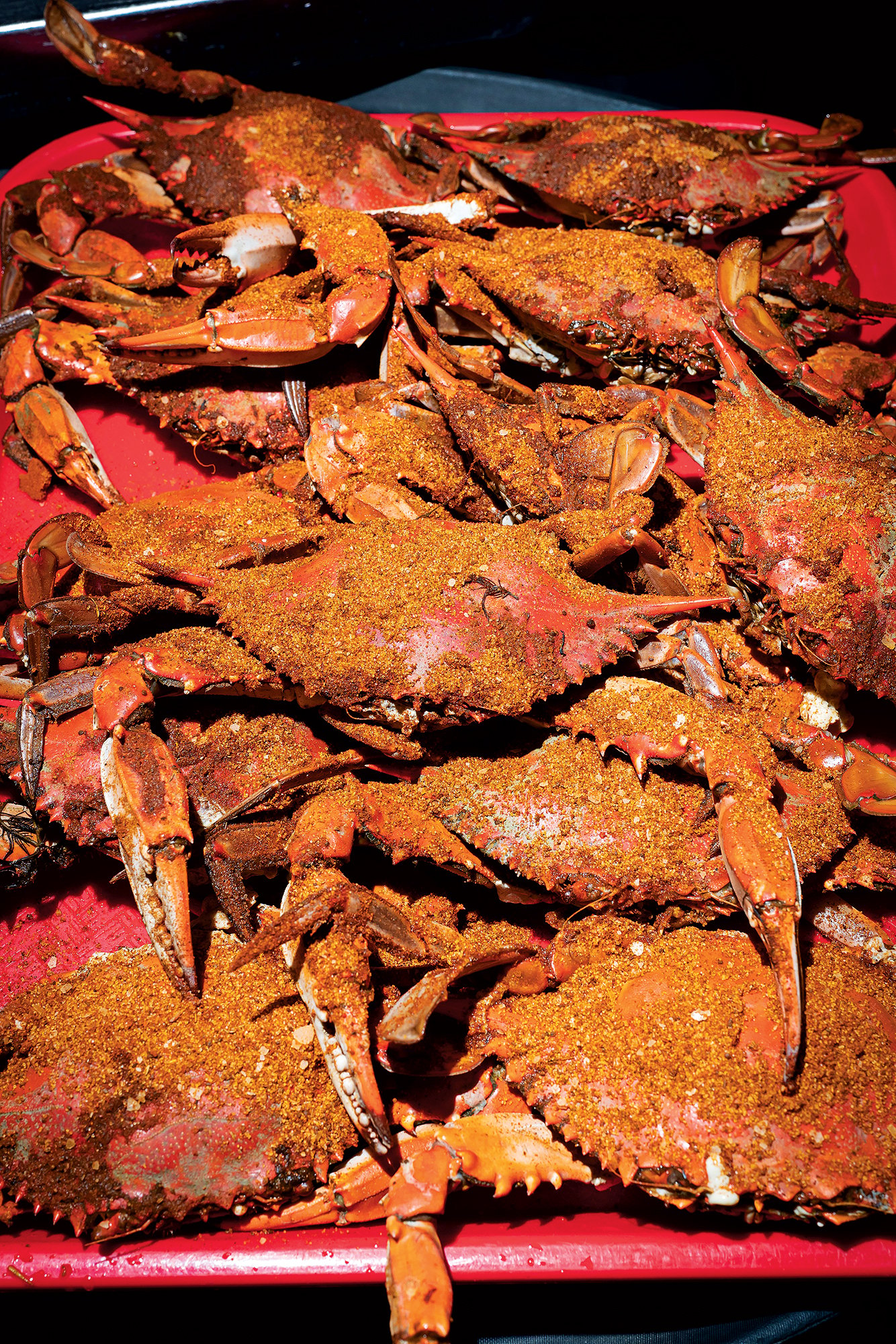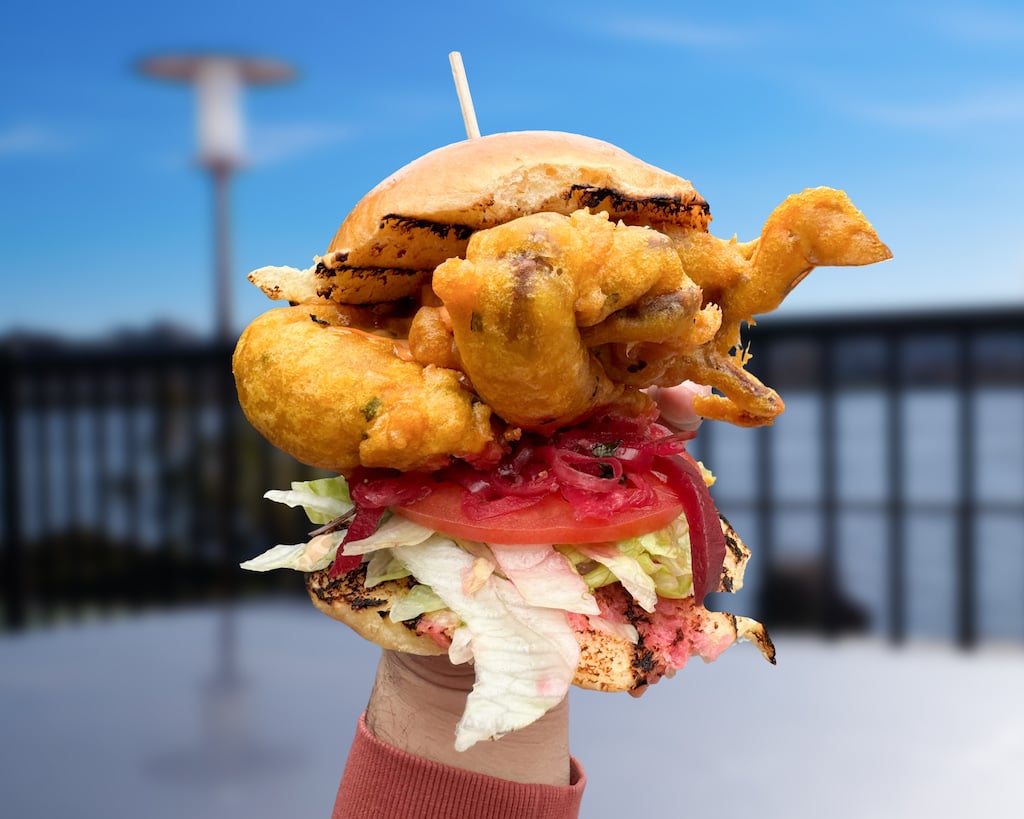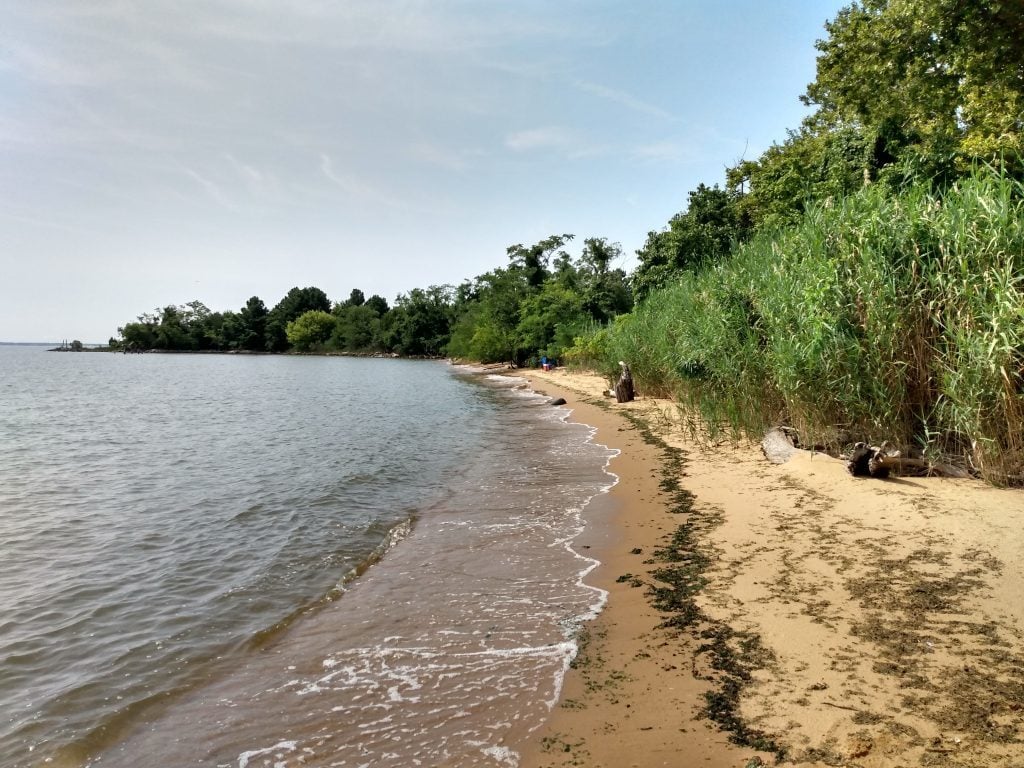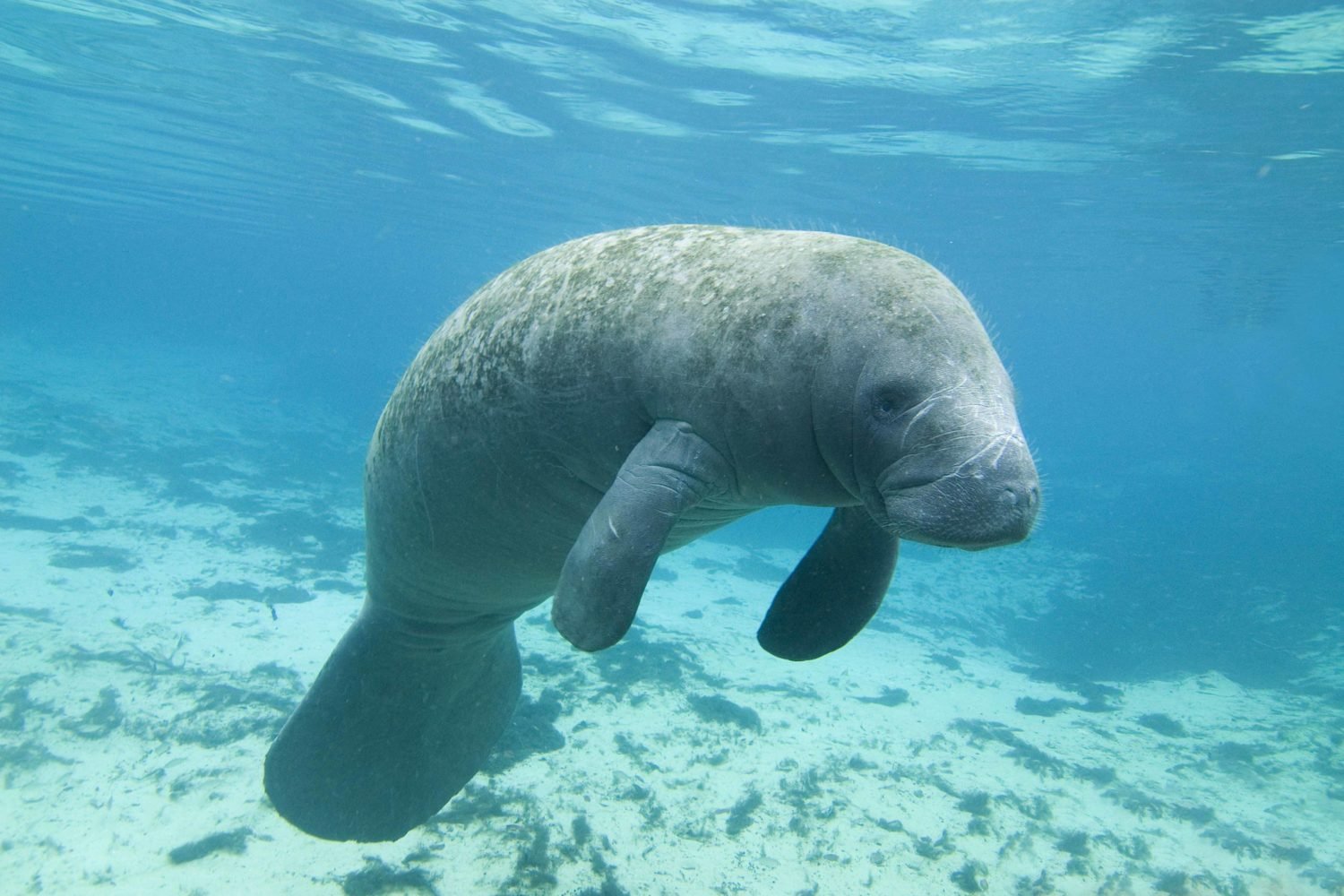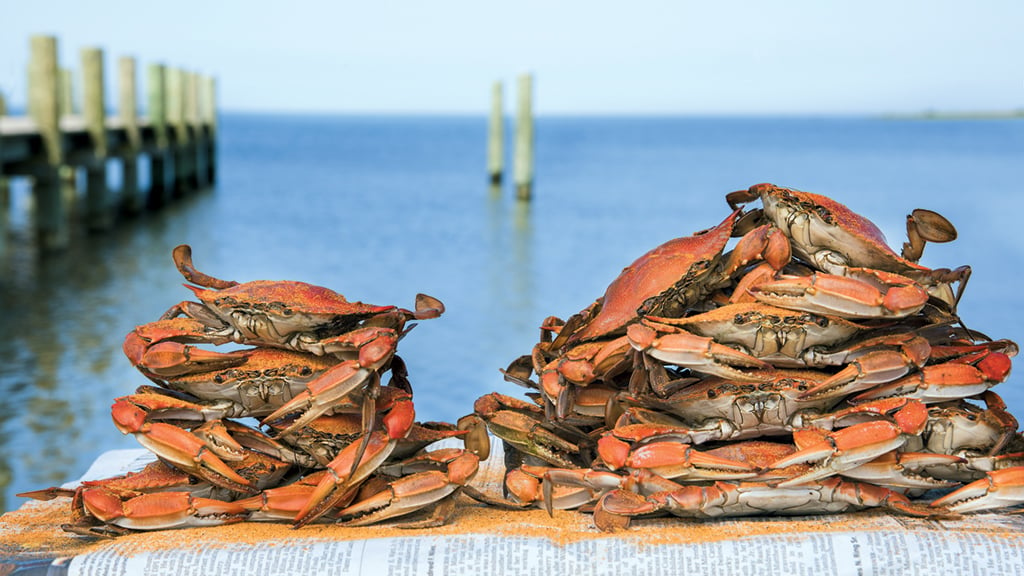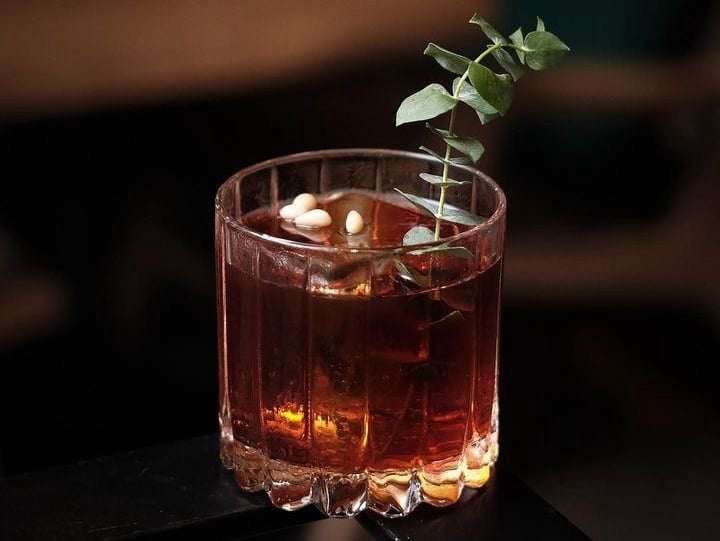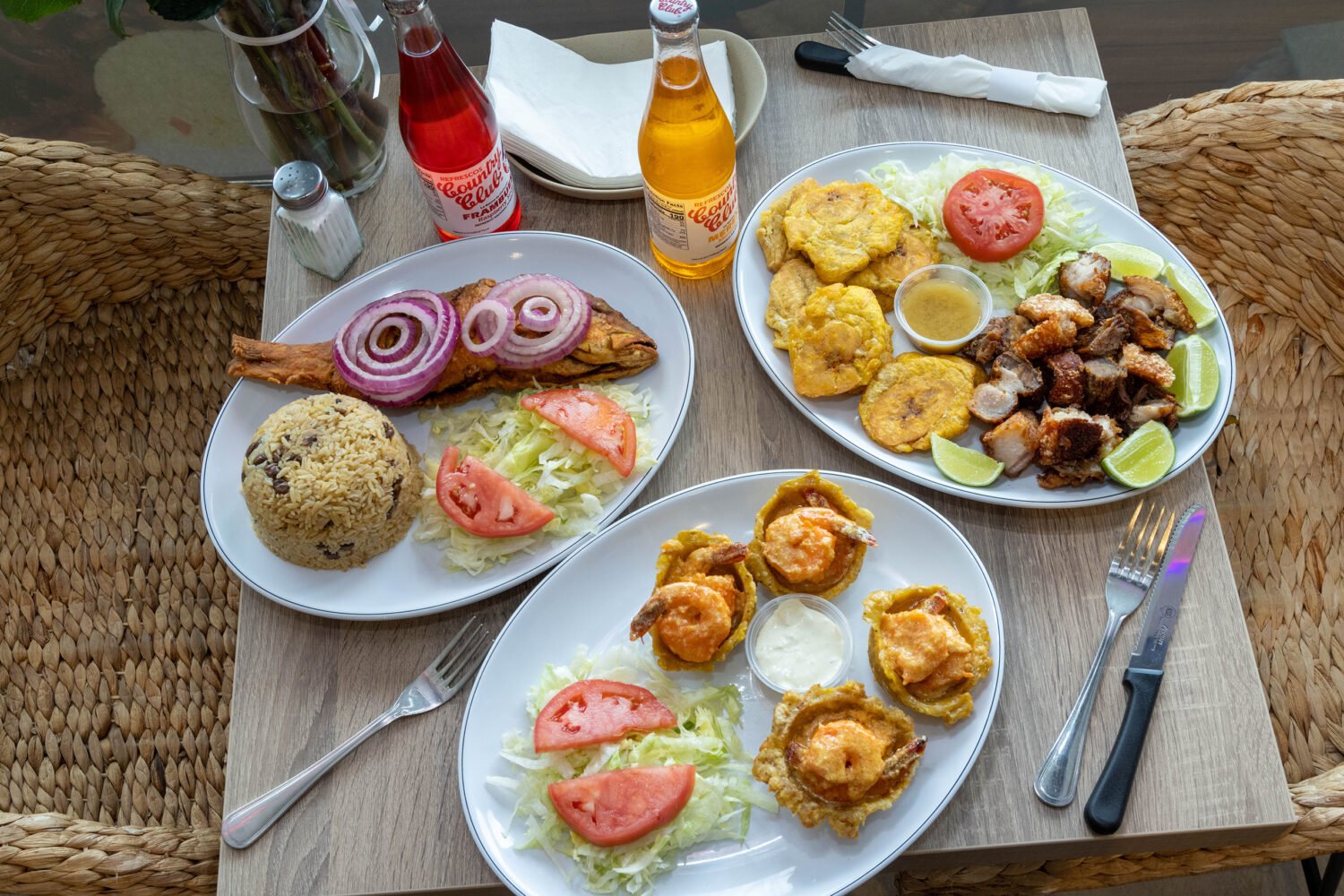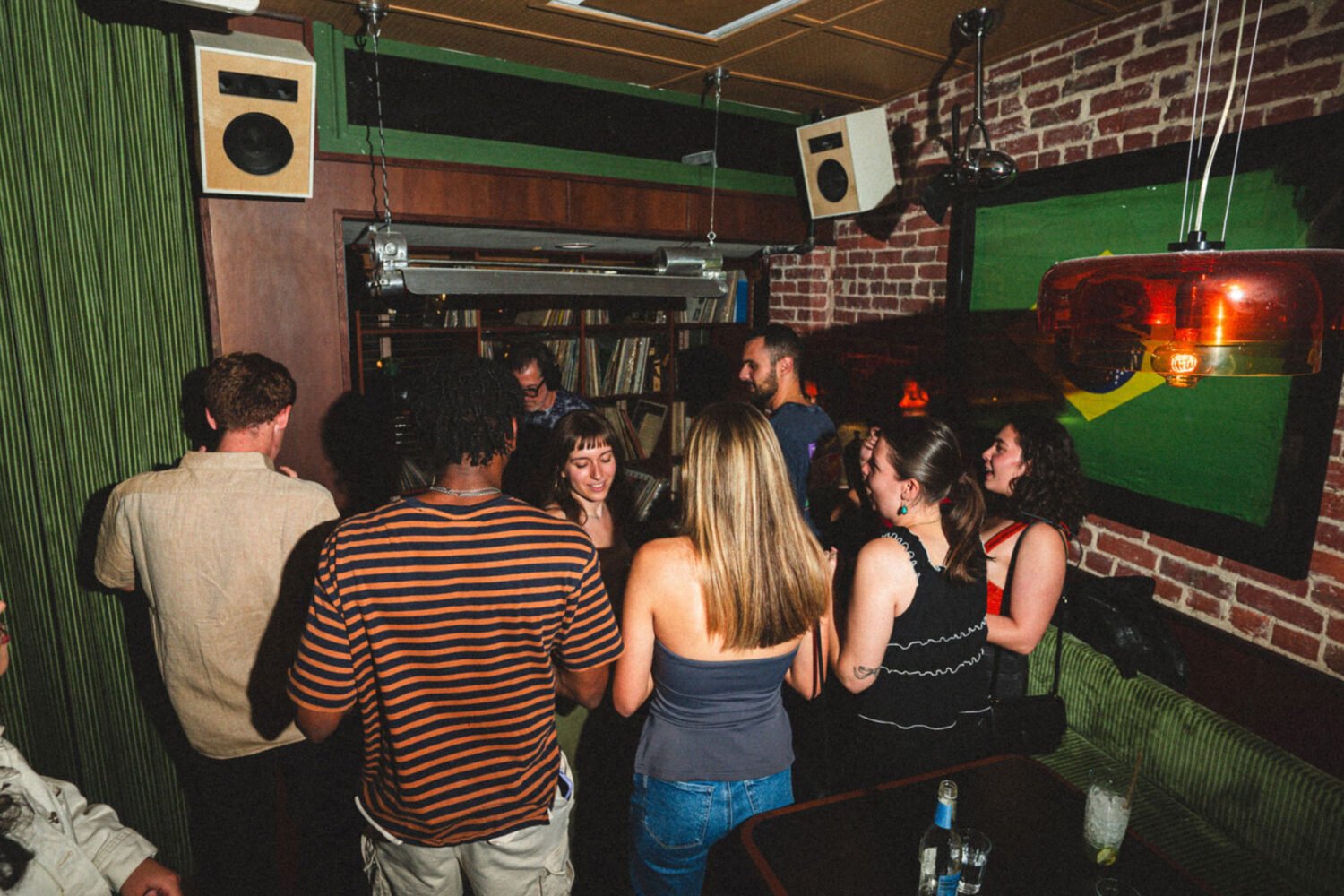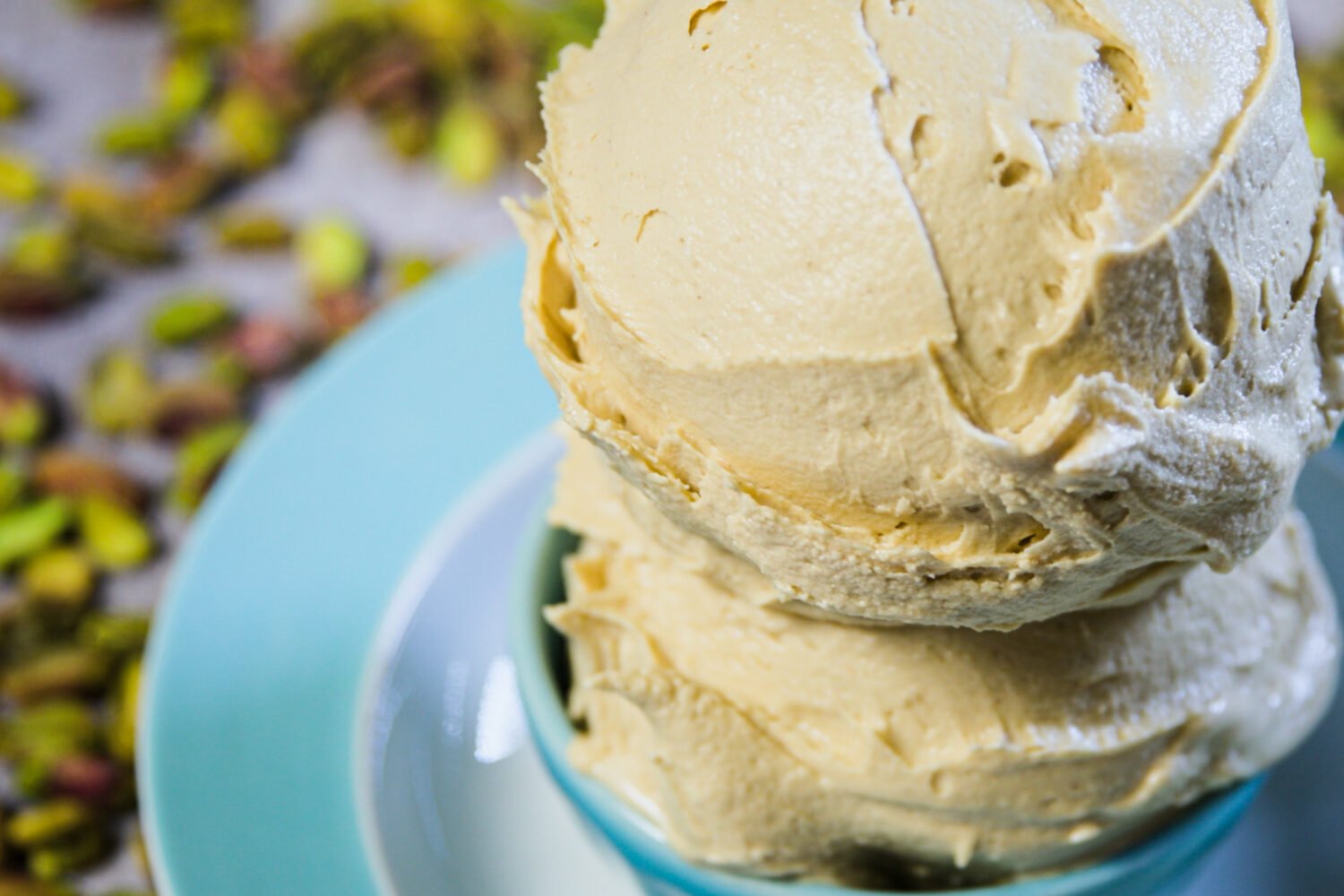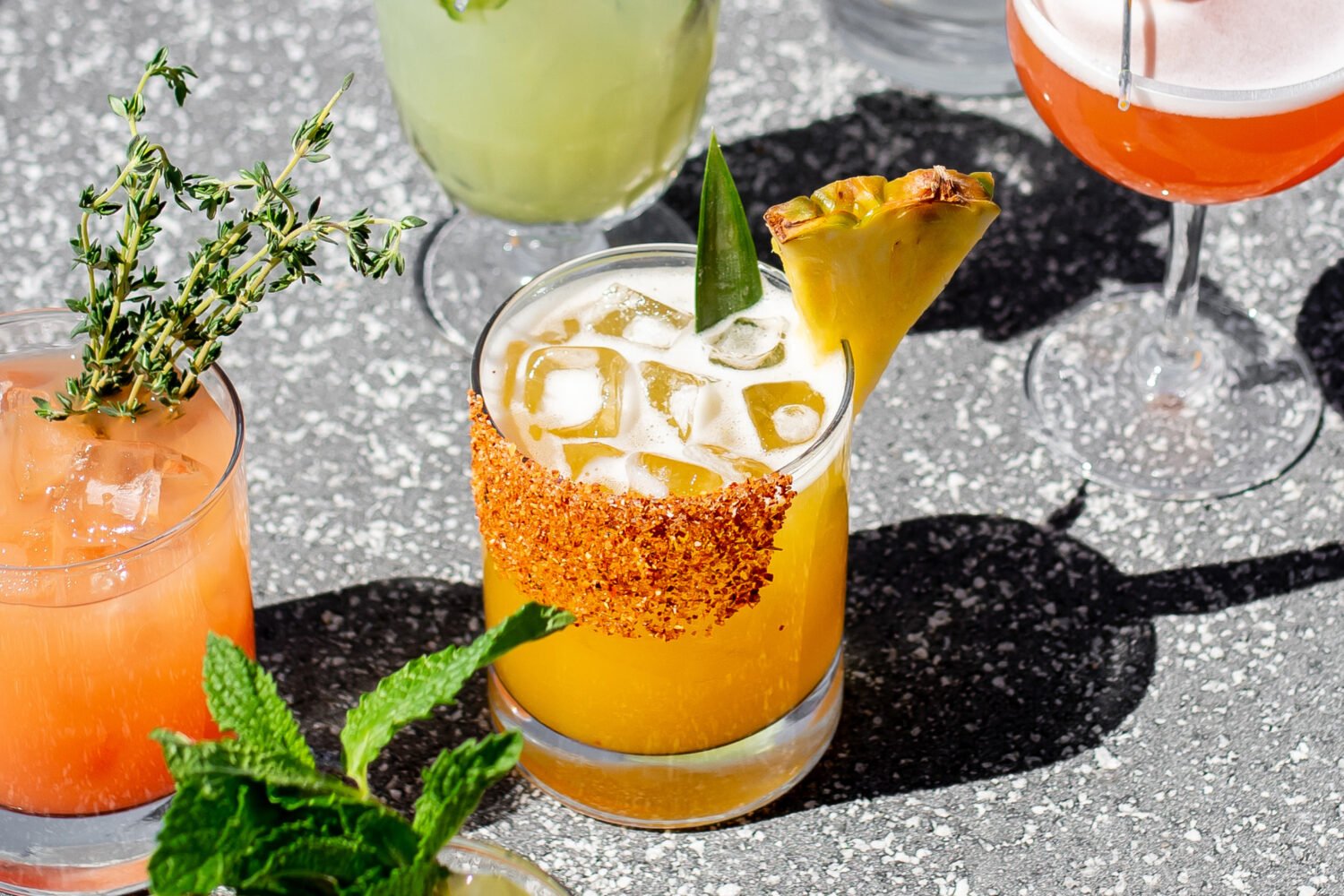The crab population in our area is struggling, according to a new survey released on Thursday. The number of blue crabs in the Chesapeake Bay is at its lowest level since the annual winter dredge survey began in 1990. The Maryland Department of Natural Resources and Virginia Marine Resources Commission’s yearly crab count estimated that the total number of blue crabs living in the Bay has dwindled to 227 million—a decrease from last year of more than 21 percent.
Last summer, watermen weren’t able to catch enough of the crustacean to meet high consumer demand due to the cold start of the fishing season and the Covid-19 H2-B worker visa ban that kept migrant crab workers from getting an early start. But conservation organization Chesapeake Bay Foundation suggests that recent decline in the coverage of underwater grasses may be contributing the loss of blue crabs, along with water quality challenges and invasive blue catfish. The critical habitat for Chesapeake Bay blue crabs declined by 38 percent in 2019, and seven percent in 2020.
Chesapeake Bay Foundation senior regional ecosystem scientist Chris Moore said in a statement that these results are a “worrying trend” for blue crabs and action must be taken to protect juvenile and adult male crabs, the populations that were hit the hardest. “Fisheries regulators and scientists must work quickly to identify the key ecosystem factors influencing blue crab recruitment and survival so that they can be mitigated to ensure a healthy blue crab population in the future,” he added.
In recent years, harvesting regulations have been implemented to protect and grow the blue crab population, like shortening the season and limiting the sizes and kinds of crabs that can be harvested (such as a limit to the female crab catch in 2013). All of this, along with the continued labor shortage in Chesapeake crab picking houses and the rising cost of fuel for crab boats, could mean another tumultuous and expensive season for the crab and dining industry.

